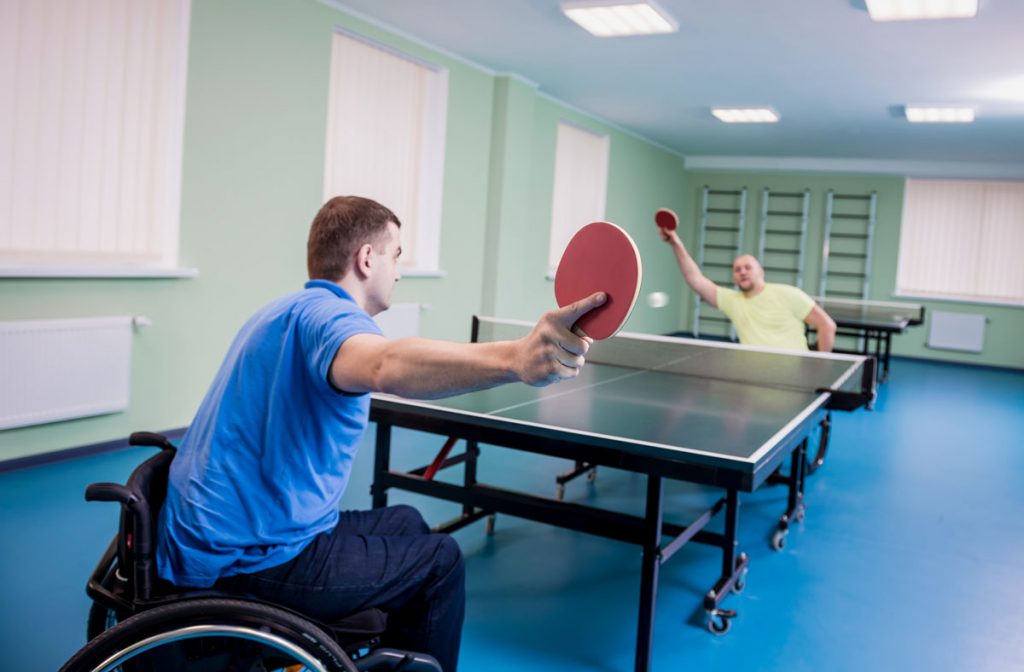Dementia Fall Risk Fundamentals Explained
Dementia Fall Risk Fundamentals Explained
Blog Article
The 6-Second Trick For Dementia Fall Risk
Table of ContentsThe Single Strategy To Use For Dementia Fall RiskThe smart Trick of Dementia Fall Risk That Nobody is DiscussingTop Guidelines Of Dementia Fall RiskThe Main Principles Of Dementia Fall Risk 5 Simple Techniques For Dementia Fall Risk
You might be worried due to the fact that you've had an autumn before or since you've discovered you're beginning to feel unsteady on your feet. You might have noticed modifications to your wellness, or simply really feel like you're decreasing a little. Whatever the reason, it isn't unusual to become cautious and shed self-confidence, and this can stop you doing things you used to do and make you really feel a lot more isolated.If you've had an autumn or you've begun to feel unstable, tell your physician even if you feel fine otherwise. Your medical professional can check your equilibrium and the means you walk to see if improvements can be made. They might be able to refer you for a drops risk assessment or to the falls avoidance service.
This info can be gotten via interviews with the individual, their caretakers, and a review of their medical documents. Begin by asking the private concerning their background of falls, including the regularity and scenarios of any kind of recent drops. Dementia Fall Risk. Inquire regarding any wheelchair troubles they might experience, such as unsteady or difficulty walking
Conduct a detailed evaluation of the person's medications, paying particular interest to those recognized to enhance the risk of falls, such as sedatives or medicines that reduced blood stress. Establish if they are taking numerous medications or if there have been recent adjustments in their medication routine. Review the individual's home atmosphere for possible dangers that could increase the danger of drops, such as inadequate lighting, loosened rugs, or lack of grab bars in the restroom.
The Dementia Fall Risk Diaries
Guide the person via the loss threat evaluation type, clarifying each question and taping their responses properly. Determine the total risk score based on the actions offered in the analysis type.
This strategy may include workout programs to enhance stamina and balance, medication adjustments, home adjustments, and recommendations to other professionals as needed. Consistently check the person's progress and reassess their threat of drops as required. Customize the care strategy based upon adjustments in their wellness status or home environment. Offer recurring education and learning and support to promote safety and security and lower the danger of falls in their everyday living activities.
Lots of researches have actually shown that physical treatment can assist to decrease the risk of dropping in grownups ages 65 and older. use this link In a brand-new research study (that checked out drops threat in females ages 80 and older), scientists determined the economic impact of choosing physical treatment to prevent falls, and they located that doing so saves $2,144, consisting of all the surprise prices of your time, pain, missed life occasions, and the bucks spent for solutions.
An Unbiased View of Dementia Fall Risk
Checking your heart price and high blood pressure dimensions at remainder and while you turn (from resting or existing to standing). A basic test of your thinking (cognitive) abilities. Evaluating your equilibrium, toughness, and walking capability. A basic vision test. Analyzing your feet and shoes. A home safety analysis. Based upon the examination results, your physical specialist will certainly make a strategy that is tailored to your particular needs.
Older adults that have trouble walking and speaking at the very same time are at a greater risk of dropping. Dementia imp source Fall Risk. To aid enhance your security during daily tasks, your physiotherapist might make web link a training program that will test you to maintain standing and strolling while you do an additional task. Examples consist of strolling or standing while counting backwards, having a conversation, or carrying a bag of grocery stores
Establish goals for boosting their physical task. Exercise a lot more to raise their strength and balance. These programs usually are led by volunteer trainers.
Dementia Fall Risk - An Overview

Measles, or rubeola, is a highly infectious, severe viral contagious illness caused by the measles infection. Some individuals think about measles as simply a breakout and high temperature that cleans up in a few days; nevertheless, measles can cause significant wellness issues, especially in children younger than 5-years-old. The most effective defense versus measles is the measles, mumps, and rubella (MMR) vaccination.
Loss are an usual reason of injury among older grownups.
The Of Dementia Fall Risk

She has no history of drops, her gait is stable, and she nullifies with no issues. The previous nurse states that she calls for aid to the restroom when she needs to go.
Examples of common fall interventions/measures include: Making sure a person's crucial products are within reach. Past recognizing exactly how to utilize the Johns Hopkins Fall Threat Analysis Tool, it's important that facilities incorporate its use into an extra detailed autumn prevention plan.
Report this page